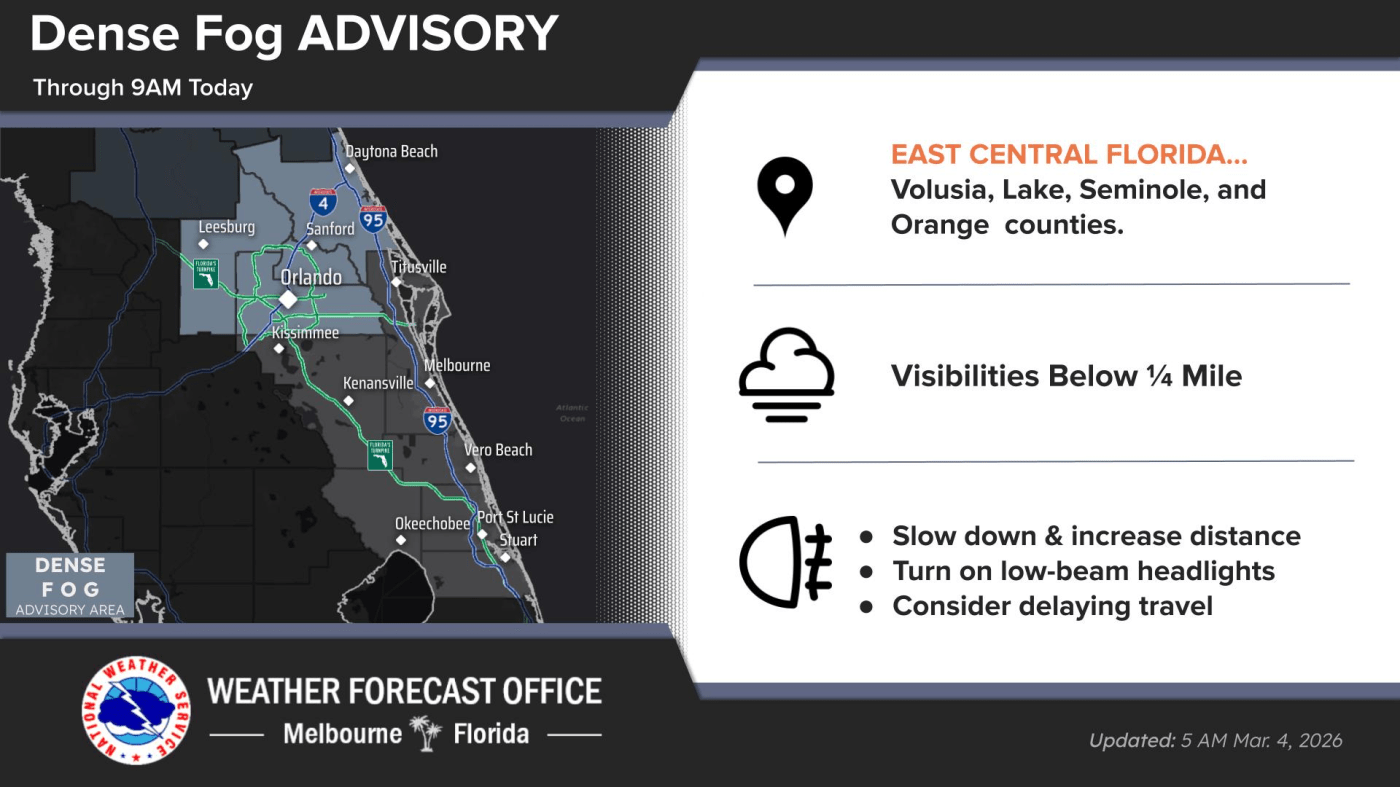
The aftermath of Black Friday often leaves consumers grappling with feelings of regret over impulsive purchases. Psychologists warn that the emotional triggers present during this shopping frenzy can lead to hasty decisions, resulting in buyers questioning their choices once the excitement subsides. Understanding these psychological patterns offers a pathway to more mindful shopping practices.
Understanding the Emotional Impact of Black Friday
The phenomenon known as Black Friday exploits consumers’ emotional responses. Phrases such as “limited stock” and “once-in-a-lifetime prices” create a sense of urgency. This tactic pushes individuals into a state of heightened alertness, compelling them to act quickly to avoid missing out on perceived deals. According to various studies, this emotional arousal often overrides rational thinking, leading to purchases that may not be necessary.
Retail giants like Amazon, Costco, Best Buy, and Walmart utilize extensive catalogs and promotional tactics to create an overwhelming shopping environment. For instance, the sheer volume of discounted items can cloud judgment, making it challenging for shoppers to differentiate between genuine needs and emotional impulses.
Psychologists emphasize the need for consumers to recognize these triggers. The sensation of regret that many feel after shopping is not merely a personal failing but a predictable outcome of the marketing strategies employed by retailers.
Strategies to Combat Impulse Buying
To mitigate the effects of impulse buying, experts recommend several practical strategies. Shoppers can take control of their purchasing habits by implementing the following measures:
1. **Price Checks**: Before engaging in sales events like Black Friday or Cyber Monday, check prices to identify genuine discounts. This practice can help shoppers avoid falling for false promotions.
2. **Create a Shopping List**: Drafting a list of needed items can serve as a guide, keeping purchases focused and intentional.
3. **Slow Down**: When feeling drawn to a product, stepping away for a brief period—about ten minutes—can help diminish emotional impulses.
4. **Mindful Payment Methods**: Using payment methods that make consumers acutely aware of their spending can foster a more conscious purchasing process.
5. **Be Wary of Marketing Tactics**: Recognizing strategies such as “low stock” alerts can help shoppers resist the pressure to buy unnecessary items.
These guidelines can be applied not only during major shopping events but throughout the year. While occasions like Black Friday and Cyber Monday present opportunities to capitalize on discounts, they also serve as reminders of the retail industry’s overarching goal: to encourage sales, often irrespective of consumer need.
As the holiday shopping season approaches, understanding these psychological triggers and employing mindful shopping practices can lead to more satisfying purchasing experiences and less regret.






